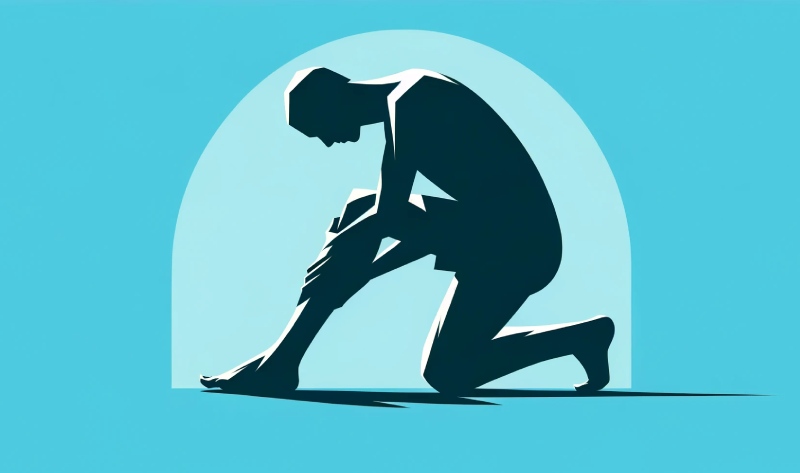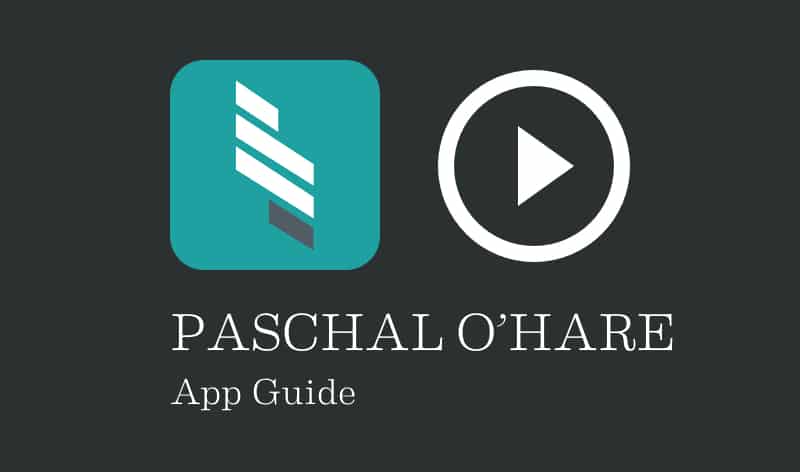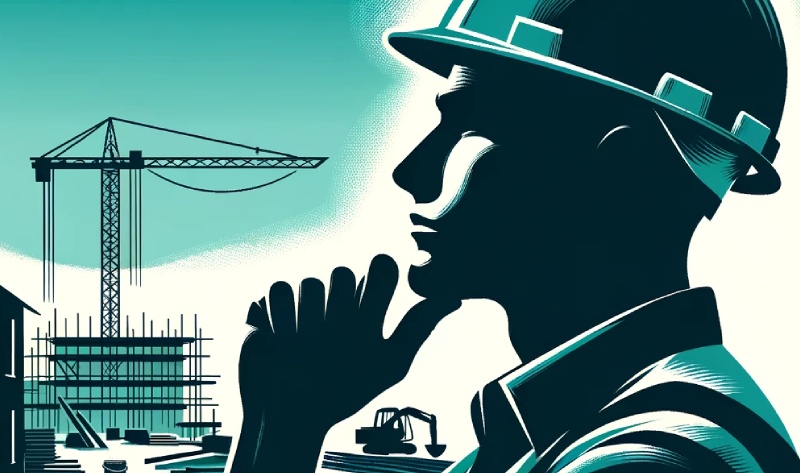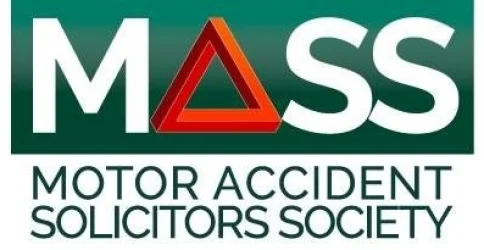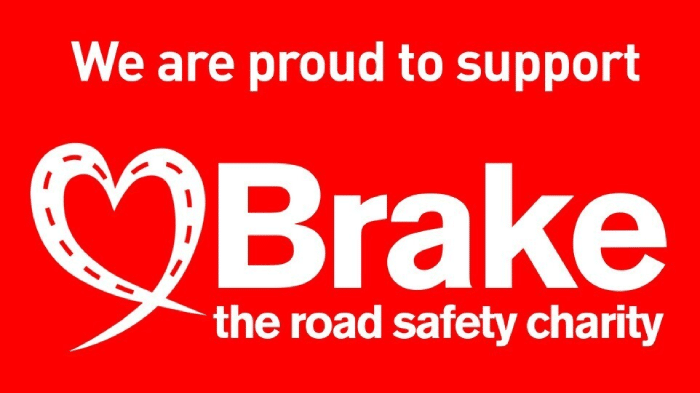When you are injured in an accident that was the fault of another, you are entitled to compensation. Work accidents and road accidents are two common examples. When these instances occur, it’s pretty clear who you would pursue for compensation. You sue the party at fault, be it the other driver or an employer. You probably knew that already, but do you know what happens when an injury is sustained whilst out and about in town or doing some shopping?
Public liability
If you’re injured on publicly owned land such as a park, police station or public footpath and it wasn’t your fault, then the likely defendant is the relevant local public authority. For example, the Department of Infrastructure would be liable for footpaths and the various councils would be liable for public parks. However, in order for the public body to be liable the injury must be caused by their actions, or lack of action. Potholes and faulty benches are two popular examples that can cause an injury.
A common defence used by public bodies is that they implement of a reasonable system of inspection. This means they regularly check the areas they’re responsible for to ensure they remain safe. Understandably, public bodies cannot be everywhere at once. Despite this defence, we often find that the systems of inspections were perhaps not that reasonable.
The relevant local authority isn’t liable for injuries caused by other people in the same space though. For example, a cyclist on a publicly owned footpath would be personally responsible if they were to collide with a pedestrian.
Occupiers’ liability
Occupiers’ liability cases are similar in nature to public liability cases. The difference is that the injury happened on private property rather than public property and therefore liability rests with the person or organisation that controls it. The most common example of this by far is slipping or tripping injuries in a shop or restaurant.
The system of reasonable inspection defence is also popular when pursuing an occupiers’ liability claim. However, the burden of proof is on the defendant and they must actually show that they regularly inspect their premises.
As a firm of personal injury specialists we identify the party at fault and work with the right consultants to gather the evidence we need to progress a case.
Both public liability and occupiers’ liability claims cover a vast number of scenarios respectfully. The only way to be sure if you’re entitled to compensation is to speak with a professional. If you had an accident on public or private land and it wasn’t your fault, then contact us for a free, no obligation enquiry.
